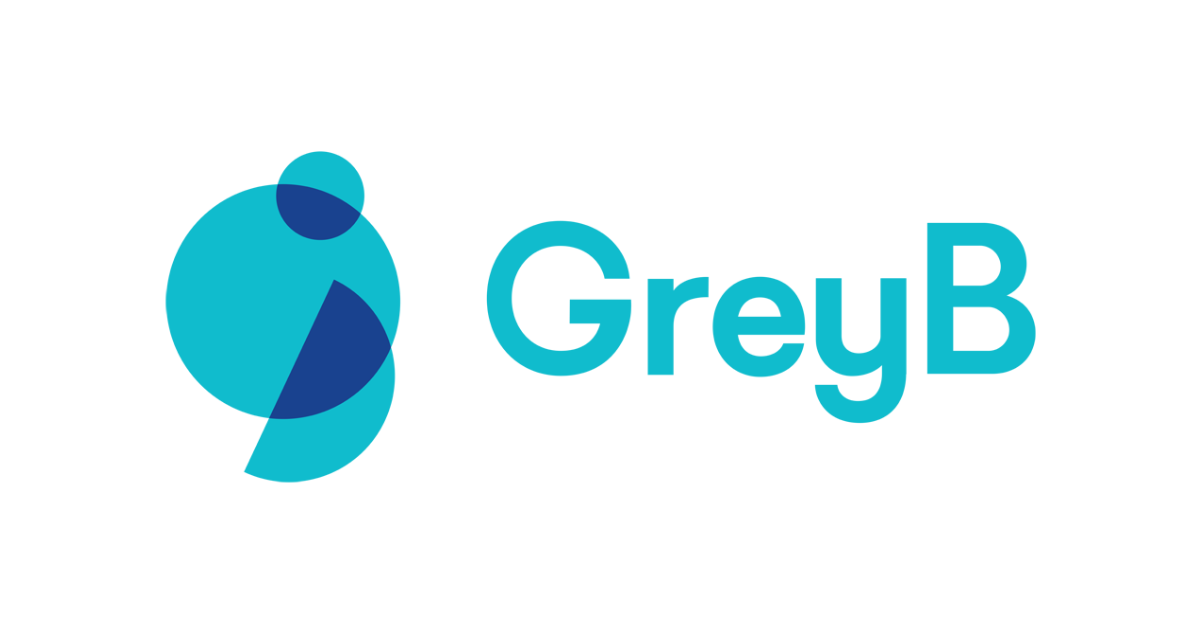Dear Startups, Here’s When and Why you should seek an Early Patent License?
Revolutionary innovations can occur anywhere – Be it in a basement, a garage, or just over a cup of coffee. Resultantly, there is a constant rise in startups and small-scale industries all around the world. Each of them hoping to make it big on their own. But not everyone succeeds.
As a startup, you might think this won’t happen with you as you have already developed a product and you are doing great in the market. You have secured all the business plans and set a vision for your company with a concrete growth chart. But have you secured the protection for your product?
Yes, the real question here is about safeguarding the company’s intellectual property. It’s great if you have patented your product but are all aspects of your products covered? Nobody likes a ‘surprise’ litigation suit, especially when you are planning to go BIG. However, the truth of the day is many startups and small-scale companies failed to survive because they lacked in protecting their idea/product. The companies were doing well but couldn’t grow and expand, or were taken down because they didn’t patent their intellectual property.
So, how do you avoid all that, and that too in a cost-effective manner?
The simple answer is: Seek an early license. It won’t just save you from potential infringement suits, but it comes with other benefits as well which can be leveraged to grow from a tech startup to a major industry player.
What are those benefits? Let’s have a look at them in detail.
When and why you should seek an Early Patent License?
Planning for Initial Public Offering
It’s always a good idea to get an early license before you plan for your IPO. History has witnessed various instances where companies were handed a lawsuit during their IPO period.
Facebook was sued by Yahoo before its initial public offering, and Facebook back then had just 56 patents when compared to 1000+ patents of Yahoo. They could have opted for the license from Yahoo, but still would have been vulnerable for future infringement lawsuits from other companies ready to scrape out the money from Facebook’s success.
Facebook made the smart move, by buying 1400+ patents from IBM and Microsoft, and thus securing themselves against future infringement lawsuits. But this did cost the social media giant a hefty amount, as the Social giant had their back against the wall and didn’t have many options.
But things could have been different if they had signed the same deal way before it decided to go public. They would have been in a better position to negotiate for a much cheaper deal for the same set of patents.
Some other examples include Lyft, a tech unicorn that was hit with a lawsuit just 17 days after its IPO. Paypal, on the other hand, was served with an infringement suit just days before it planned its IPO. In fact, according to litigation research firm ISS Securities Class Action Services, the numbers of IPO-related lawsuits have doubled since 2013.
You don’t want this to happen to you. The best way to avoid it, thus, is to seek an early license that comes much cheaper than paying royalties after being hit with an infringement suit.
Planning to enter a new jurisdiction:
Market expansion is a crucial aspect of business growth that cannot be overseen. International expansion has become the new standard for a growing and successful businesses.
But how would you like it if you were welcomed with a lawsuit for your product when you enter a new country? It’s always better to perform a freedom-to-operate search and get an early license for the jurisdiction, which can prevent the chances of getting sued after launching your product.
But licensing deals should be done with care. One such example was Apple, which thought it had acquired rights to the iPad trademark in China from a Taiwanese company, but courts ruled that a subsidiary of the Taiwanese company still owned the rights in China. Apple resultantly paid $60 million in a court-mediated settlement.
Global Distribution
Having patent licenses also enables you to enter multiple jurisdictions if the patent has multiple patent families covering those jurisdictions. It opens up opportunities for you to enter into new markets, which are already covered by the licensed patents and their family members.
Not just this, there are various other benefits you get from early patent licenses. Let’s have a look at a few of them.
Benefits of Seeking Early Patent Licenses
Cost-Effective
Seeking licenses early has always been a cost-effective method. The average asking price for a patent, as per 2019 Patent Brokered report, is $194,000 and in cases where the companies had to take a license after they were sued or were in a critical position had to pay a lot more than the original price, like Facebook paid a hefty amount that was too high than the average patent price of that time. But when you seek an early patent license you are at a better state in negotiations, and can also use the situation to strike a deal that can be used by both parties such as collaborative licensing.
The same can be applied for technologies when they are in their development phase. You can seek an early license and negotiate the pricing of the licensing deal for the technology before it reaches its peak. Before we proceed further, let’s have a look at a couple of types of licensing that would be super beneficial to know and follow.
Collaborative licensing
One licensing approach to follow is to get into collaboration with the firm which is working on similar lines. For example, if you are working on 5G, which is relatively a hot technology and still not have niche players, many new players are working in these areas which shows huge potential to become a market leader for that sector. You can be more proactive and collaborate with such firms to extend the growth and research which can benefit all the included companies.
For more detail on companies and universities working on 5G technology, check out our detailed coverage here. <Add link to PDF>
Simply stating, firms entering a collaboration deal can contribute to the research and development in the early phase of product life and can use this as an advantage to expand and grow the business.
Cross-Licensing
Another method of collaboration is Cross Licensing, which is also an effective way to avoid litigation. In Cross licensing, companies share their patented technologies with other companies involved in the agreement to further their technological progress. It helps in lowering the product development cost by mutual sharing of the technology.
For instance, Google and Samsung Electronics signed a broad cross-licensing agreement in January 2014 that covered existing patents, as well as those patents filed during the next ten years thus, having a long term benefit out of a cross-licensing deal.
Advancements in Product
When you license a portfolio, you get access to the inside technologies others are working on, and using that as an advantage, you can incorporate those technologies into your product to create more layers of advancements and upgrades to your product.
Considering all this, it is extremely important to have your innovation protected, and seeking an early license saves you from all the hassle. However, a question that might cross your mind is: I want to take an early license, but how do I find the potential licensor?
Don’t worry, we got you covered.
How to Find Potential Licensors?
Finding a licensor is an important part of taking an early license, and to identify potential licenses we have listed a few methods that will come in handy during your search.
- Check on the Patent marketplaces
- Several patent marketplaces offer patents for sale. You can use these platforms to find patents that suit your needs.
- Conduct an FTO search
- When you plan to enter a new market or jurisdiction, it’s recommended to conduct a freedom-to-operate search. This will help you find the right licensors.
- Find active players of the same tech domain as you are working in.
- You can check with the top players who are active in the same domain and can approach them for early licensing or can also negotiate for collaborative licensing.
- Find Active Licensors:
- Companies like IBM and Nokia are generally active in licensing their patents. Likewise, various companies maintain portfolios or invest in R&D in various sectors to obtain patents and then further license them. You can look up such companies and seek a license with such players.
Conclusion
We all know how stressful it gets when we are under a clock. Decisions become harder to take when time is limited. And as someone once said- “Precautions are better than cure”. The statement fits the world of intellectual property astoundingly well. Precautionary early licensing has proved to be one of the best decisions companies have made in their growth strategy. However, as we have always said, one strategy that works best for a company may not necessarily work the best for others. Therefore, it depends a lot on how you think about your business. Do you believe in reinventing the wheel and doing everything yourself or you want to move fast by using what people have already done? We have both types of entrepreneurs and both have been successful. So there is no wrong or right answer, it is just what aligns more with your thought process.
We discussed when and why you should seek an early patent license followed by the kinds of licensing, their benefits, and how to find a potential licensor. If you’re a newbie to the world of licensing, I’d recommend you reach out to your patent attorney or if you are a DIY guy read next –Patent Licensing 101 because the more you know, the more you grow. And if you want to strategize your patent licensing, here’s A 4 Step Process to go with.
To growing big!
Authored by: Aadarsh Sharma, Infringement.




